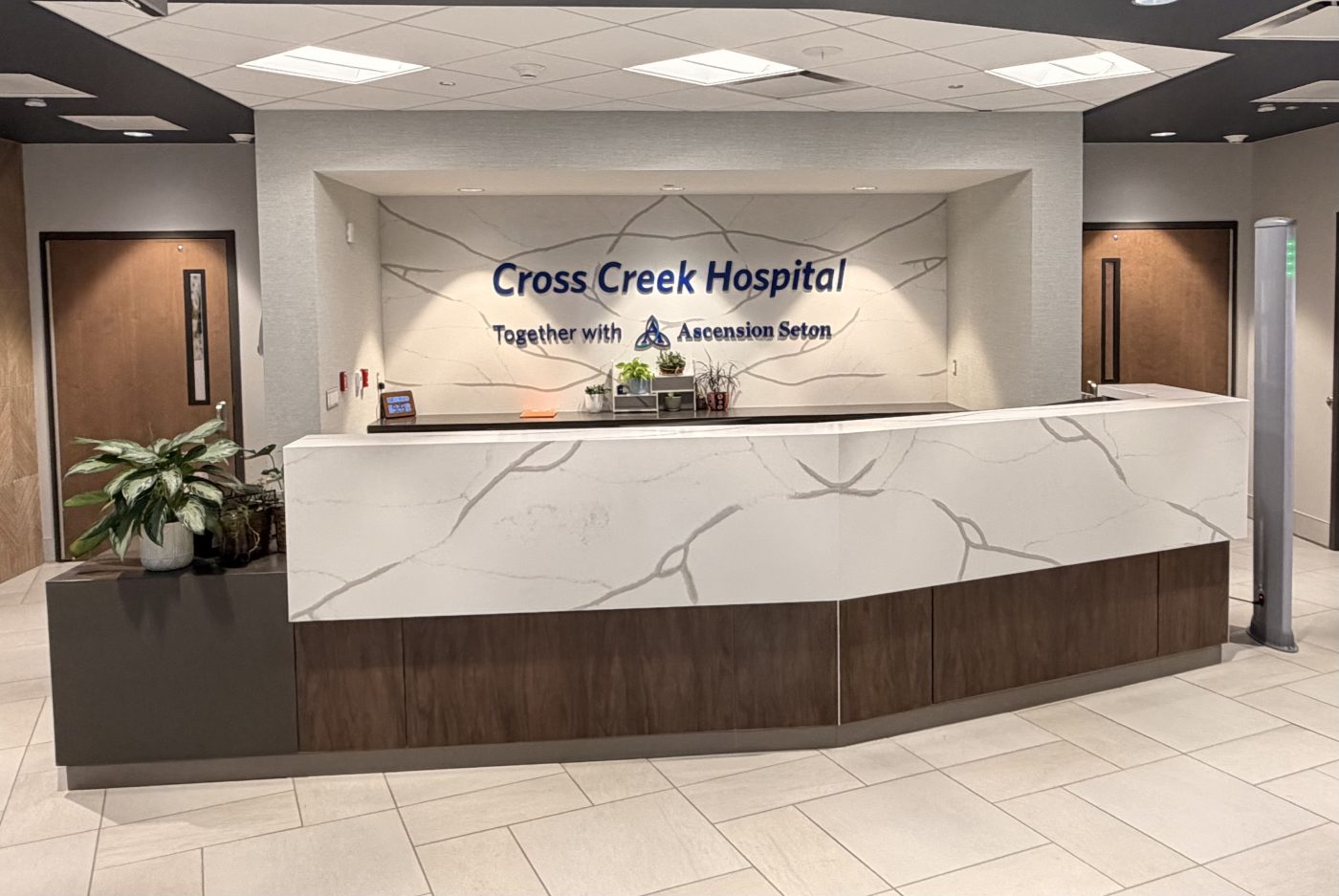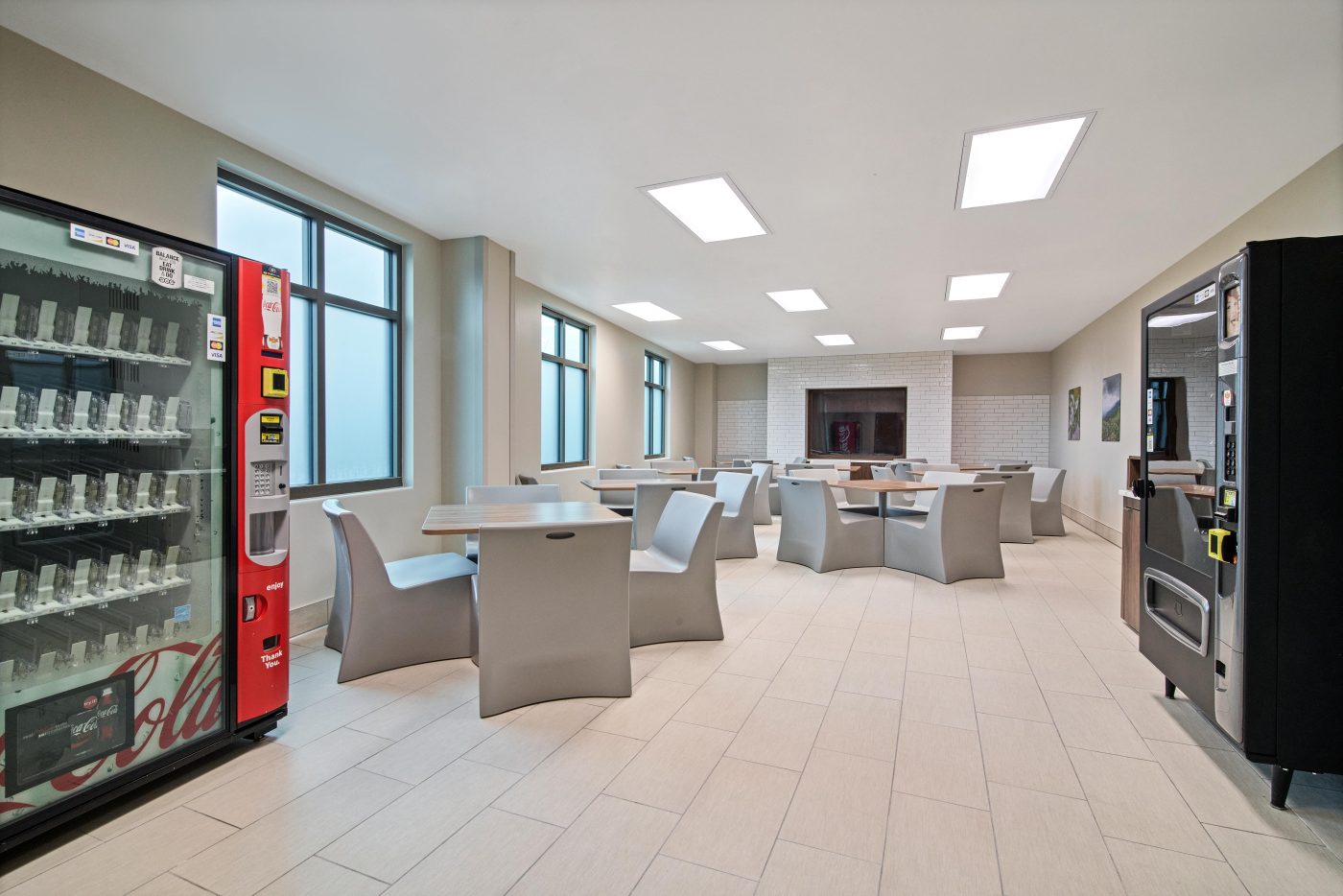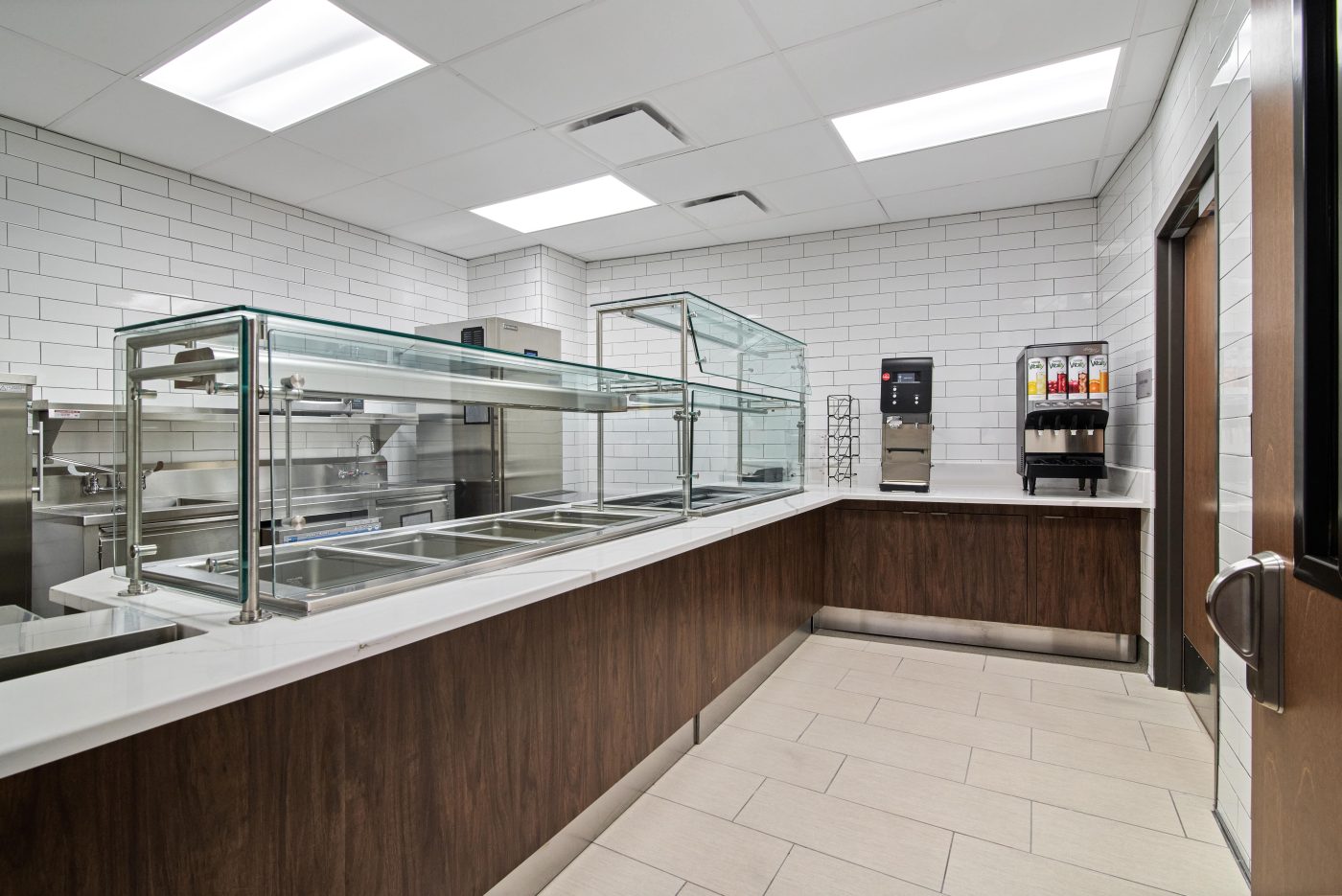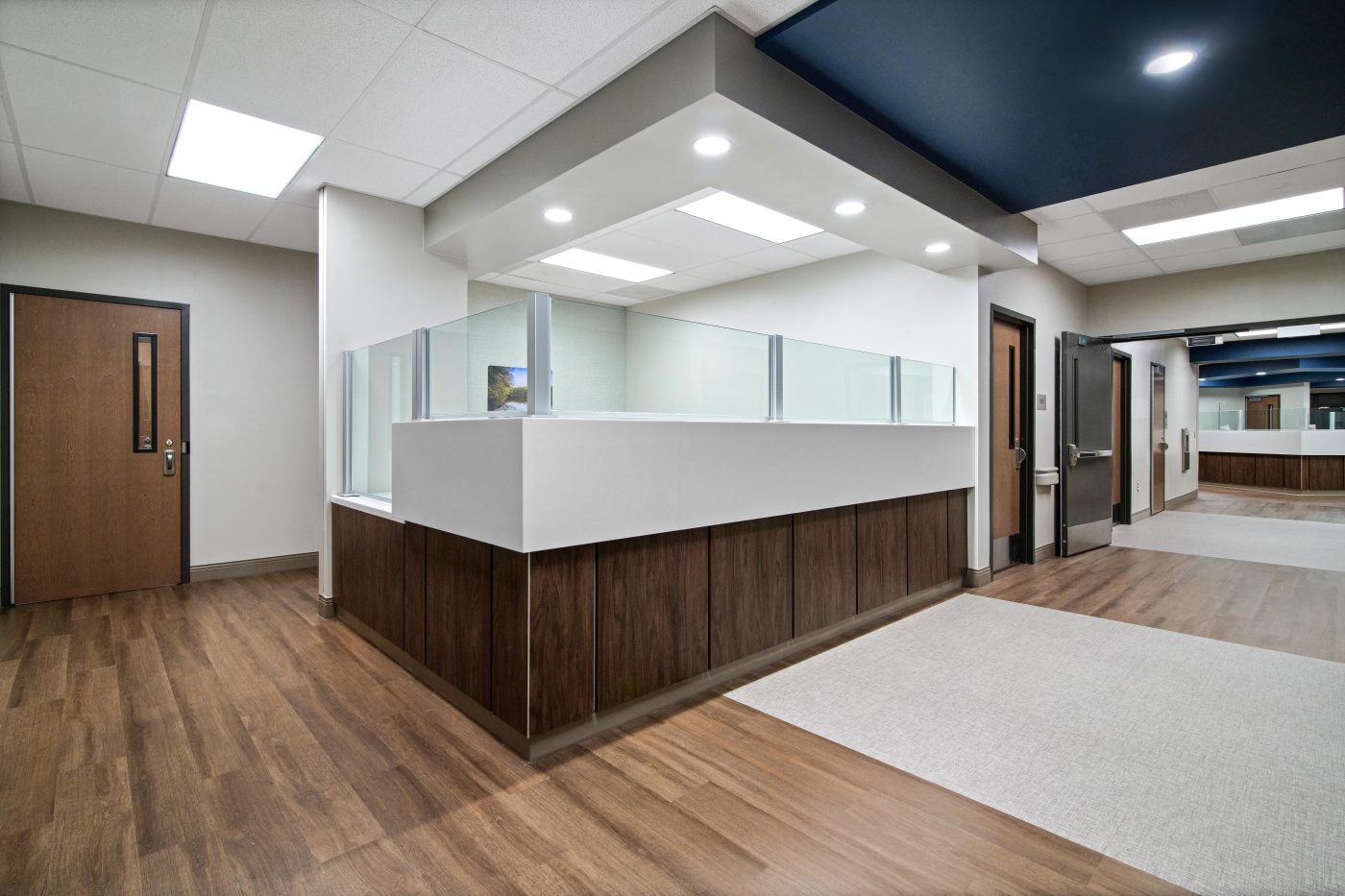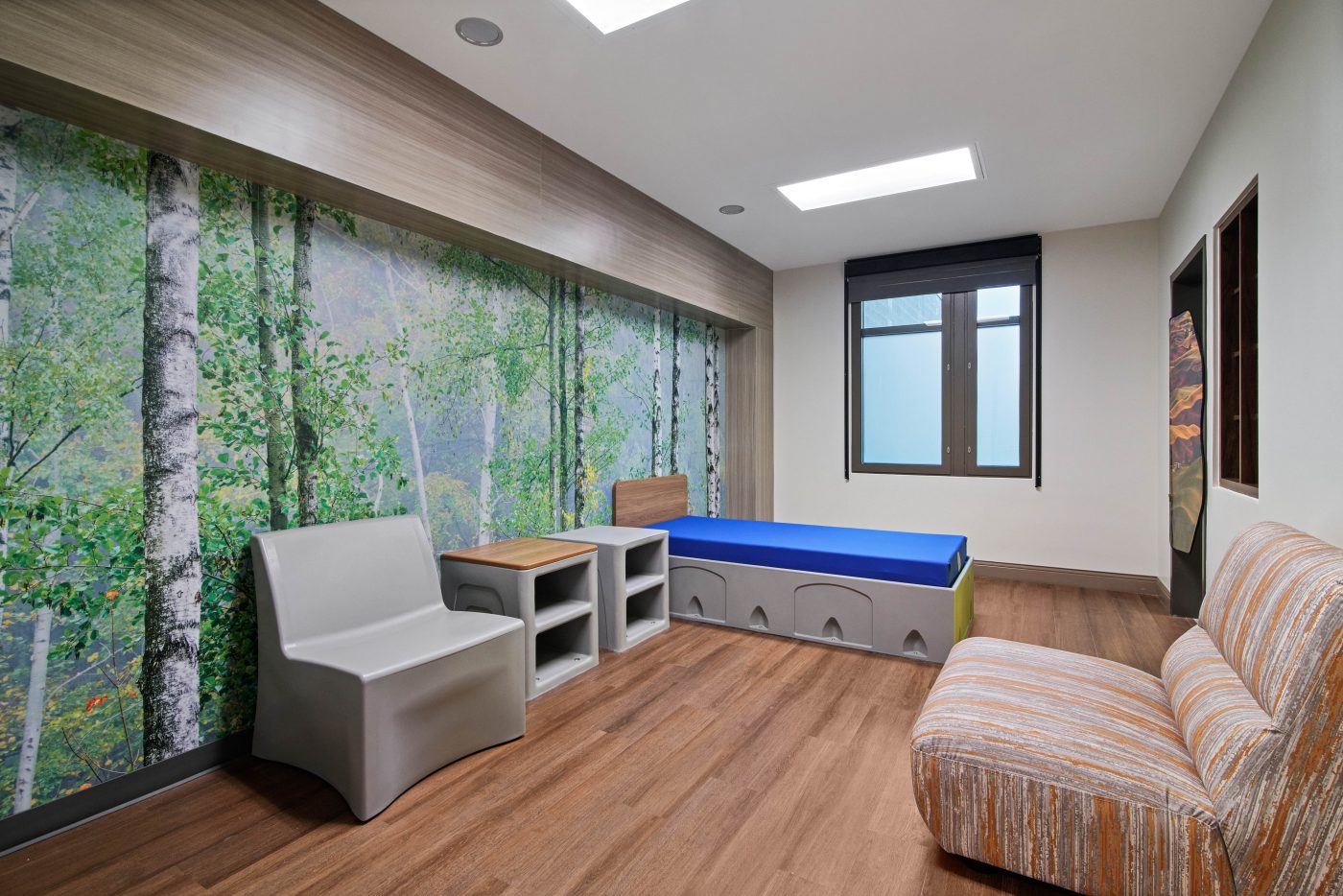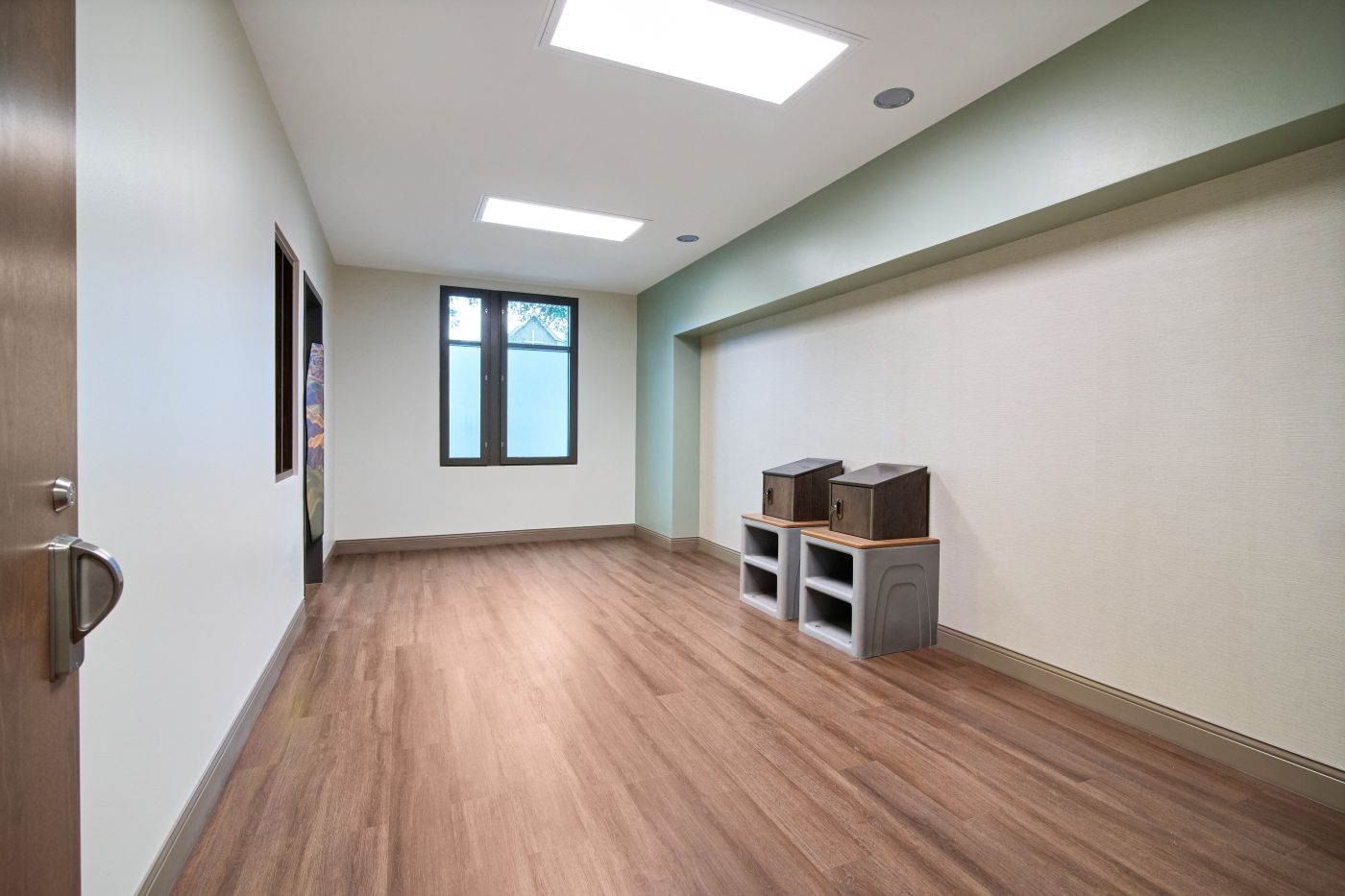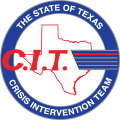We believe in our patients and the power of life-changing care. Call today to learn about our empowering programming.
Depression Treatment
Learn more about our inpatient depression treatment center at Cross Creek Hospital Together With Ascension Seton in Austin, TX
There are countless mental health conditions that can cause great impairment and devastation in the lives of those afflicted by them. Depression is one such mental illness that can lead to detrimental disruptions in an individual’s life when treatment is not sought and implemented. The pervasive and intrusive feelings of hopelessness, helplessness, and all-consuming sadness that depression elicits can leave sufferers of this illness feeling as though they have no escape from the inner turmoil that taints their everyday lives. When individuals are suffering from depression, they are likely to begin experiencing difficulty with functioning appropriately on a daily basis, further perpetuating their feelings of helplessness and worthlessness and exacerbating the ongoing cycle of their despair. Keeping in mind the sensitive nature of the symptoms that are characteristic of depression, Cross Creek Hospital Together With Ascension Seton, a hospital and treatment center for depression treatment in Austin, Texas, has developed specialized depression treatment that is tailored to meet the unique needs of patients who are faced with the challenges that accompany this illness.
How to Help a Loved One
Helping a loved one get treatment for depression
It can be heart-wrenching to watch a family member or loved one struggle with the symptoms of depression. Watching the change in your loved one’s attitude, demeanor, and behavior can be concerning and you may be feelings helpless as to what you can for him or her. While offering your unconditional support is the most beneficial thing that you can do for your loved one, there are also some additional steps you can take to help him or her through this challenging time. Consider the following:
- Educate yourself about depression. Gaining knowledge about the symptoms and effects of this illness will not only help you gauge the severity of the distress that your loved one is experiencing, but it will also assist you in developing a sense of empathy towards what he or she is going through. This can further guide you in finding ways in which you can best support him or her.
- Take note of the specific symptoms that your loved one has been displaying and express your concerns with him or her. Furthermore, keeping track of such symptomology will also be beneficial when discussions are had with mental health professionals during the course of seeking out appropriate treatment interventions.
- Offer your loved one the opportunity to freely and openly discuss the things that he or she is struggling with while remaining nonjudgmental, showing him or her that he or she does not need to feel isolated.
- Research viable depression treatment centers that may be of most benefit to your loved one and then explore those treatment options with him or her. Offer to go with your loved one to any appointments for assessments or evaluations that may be scheduled, further demonstrating your care for his or her wellbeing.
- Once your loved one has become engaged in some form of depression treatment, play an active role in his or her therapeutic process. The more involvement and encouragement that patients have from family members, the more successful their treatment outcomes are likely to be.
- If, during the course of depression treatment, your loved one is prescribed medication in order to help alleviate some of his or her symptoms, help to make sure that he or she consistently takes those medications.
- Ask for recommendations from your loved one’s treatment providers as to things that you can do at home that will further help your loved one and adhere to any suggestions that are offered.
Why Consider Treatment
Why consider inpatient treatment for depression at Cross Creek Hospital Together With Ascension Seton in Austin, TX
Regardless of how old a person is, when he or she is suffering from depression, the symptoms can rapidly begin to negatively affect most, if not all, aspects of his or her daily life.
Adults who are plagued by the distressing symptoms of depression will find it difficult to adhere to responsibilities at work and may have repeated absences, potentially resulting in job loss. Additionally, social and familial relationships can become disturbed as people with depression regularly begin to isolate themselves.
Furthermore, the longer that depression remains untreated, the more susceptible individuals become to developing suicidal ideation and beginning to engage in self-harming behaviors. Fortunately, there are treatment centers, such as Cross Creek Hospital Together With Ascension Seton, that can help individuals climb out of the hole that depression has dug and resume living full and productive lives.
Types of Treatment
Types of inpatient depression treatment offered at Cross Creek Hospital Together With Ascension Seton in Austin, TX
At Cross Creek Hospital Together With Ascension Seton, a depression treatment center in Austin, Texas, we are devoted to providing everyone who seeks care at our hospital for the treatment of depression with the respect and dignity that they deserve. Our all-encompassing goal for depression treatment is to help men and women improve their overall functioning by helping them to stabilize and to continue their recovery with new tools that they will be taught in the treatment setting. We are proud to be able to achieve this goal by utilizing the structure and processes of a treatment model that combines cognitive-behavioral therapy, experiential therapies, and didactic therapies.
All of the treatment methods implemented in our inpatient treatment center for depression utilize a multidisciplinary focus in order to ensure that an integrated approach to treatment that facilitates increased stabilization and growth is received by all patients. Furthermore, we place a high regard on the involvement of our patients’ families, knowing that their contribution to the therapeutic process is paramount to successful healing.
The emphasis of our depression treatment center here at Cross Creek Hospital Together With Ascension Seton in Austin, Texas is not diagnosis-specific, but rather focuses on treating the symptoms that are plaguing each individual. We are devoted to implementing a truly holistic approach at our hospital that aims to maximize patient care and help them achieve their highest level of functioning.
The following methods for care may be incorporated into the individualized treatment plans that are given to each adult and senior adult who are engaged in services at Cross Creek Hospital Together With Ascension Seton:
Medication management at our hospital: The use of psychotropic medications, namely anti-depressants and/or anti-anxiety agents, are commonly used in conjunction with other therapeutic methods as a means of fully treating the symptoms of depression. A patient’s need for medication, however, is always determined on a case-by-case basis. Patients meet with a psychiatrist at least once each day so that the therapeutic effectiveness of any medications that have been prescribed can be monitored and changes can be made when necessary. Additionally, there are also nurses on staff who assist in monitoring medication needs.
Individual therapy at our treatment center: This individual case consultation will occur at a minimum of once each week, but additional sessions can be added whenever needed or deemed beneficial to the patient. Various members of our patients’ treatment teams, including their assigned individual therapists, provide such consultations and afford patients a time to meet one-to-one to discuss any concerns they have, process through various emotions they are experiencing, and to track treatment goals.
Family therapy at our hospital: Family involvement is important in the overall success of depression treatment for our patients. Keeping this in mind, family therapy sessions are held on as-needed basis for our adult patients. For the family members of those who are struggling with depression, this can be a time for them to learn about the illness itself, while also gaining valuable knowledge on ways in which they can be of best support to their loved one.
Group therapy at our treatment center: Group therapy is a significant component to the treatment options offered here at Cross Creek Hospital Together With Ascension Seton. The types of groups that our patients may engage in can include:
- Education groups teach patients about the origin and the nature of the disorder(s) that they are suffering from, including depression. In these groups, patients learn to identify problems, form a treatment plan, and work effectively on obtaining recovery and maintaining stability.
- Process groups provide a structured setting for the discussion of issues and concerns that are identified by patients. This group focuses on the processing of feelings, internal communication and cooperation, and participation in healthy group feedback.
- Addictions groups apply the 12-step addictions model for recovery to a wide range of self-destructive behaviors, including self-mutilation, disordered eating, and unhealthy personal relationships.
- Journaling groups provide a structured setting for developing therapeutic and recovery skills in the form of journaling, keeping a diary, completing homework assignments, and other writing tasks.
- Music therapy groups provide an emotionally evocative group setting that is designed to provide the participants with an opportunity to practice effective management skills.
- Healthy relationships groups focus on developing social skills and practicing health interactions. It provides a forum for structured, supportive risk-taking and practicing assertiveness, and the giving and taking of feedback.
- Discharge planning groups provide an opportunity for building skills that will improve the quality of life after discharge and reduce the likelihood of readmission.
- Experiential therapy: In an attempt to provide a truly holistic approach to treatment, the staff at Cross Creek Hospital Together With Ascension Seton offers a number of experiential therapeutic options for our patients using things such as psychodrama and recreational techniques. These therapies are designed to teach patients skills for appropriate risk-taking, internal communication and cooperation, and expressing needs and fears.
Examples of the experiential therapies that patients may engage in at our depression treatment center include:
- Physical wellness and exercise therapy program
- Animal assisted therapy
- Art therapy – This type of therapy is used to teach nonverbal strategies for expressing thoughts, feelings, and behavior in a healthy fashion. It is meant to be a technique for individuals to learn how to “tell without talking.” The art therapy groups also involve verbal processing of the artwork that is created.
- Relaxation integration – This type of experiential modality is designed to increase self-esteem, motivation, and energy levels by providing a forum for learning and practicing leisure and social skills, while also developing healthy support systems.
Continuing Care
Continuing care and levels of treatment for depression
At Cross Creek Hospital Together With Ascension Seton, we want to ensure that each patient will have continued success in healing and maintaining recovery after completing inpatient care at our hospital. In order to do this, we make it a priority to begin discharge planning from the moment a patient is admitted into our hospital. This plan coincides with a patient’s depression treatment plan and aims to address any concerns or needs for further, less intensive treatment after engaging in our treatment. Our caring and compassionate staff will work with patients and their families to determine the most appropriate and effective treatment recommendations that will allow our patients to refine and build upon the skills learned at our hospital in Austin, TX.
Recommendations will be provided based on each patient’s needs so that the treatment goals achieved while at our hospital and center can be upheld and exceeded, decreasing a patient’s need for a higher level of care going forward. Furthermore, a member of our staff will contact patients 48 to 72 hours after being discharged to ensure that a successful transition from our treatment center to each patient’s respective community or continuing care center has been achieved. At Cross Creek Hospital Together With Ascension Seton we will do all that we can to help you or a loved one become well again so that the much deserved bright future is realized and within reach.







